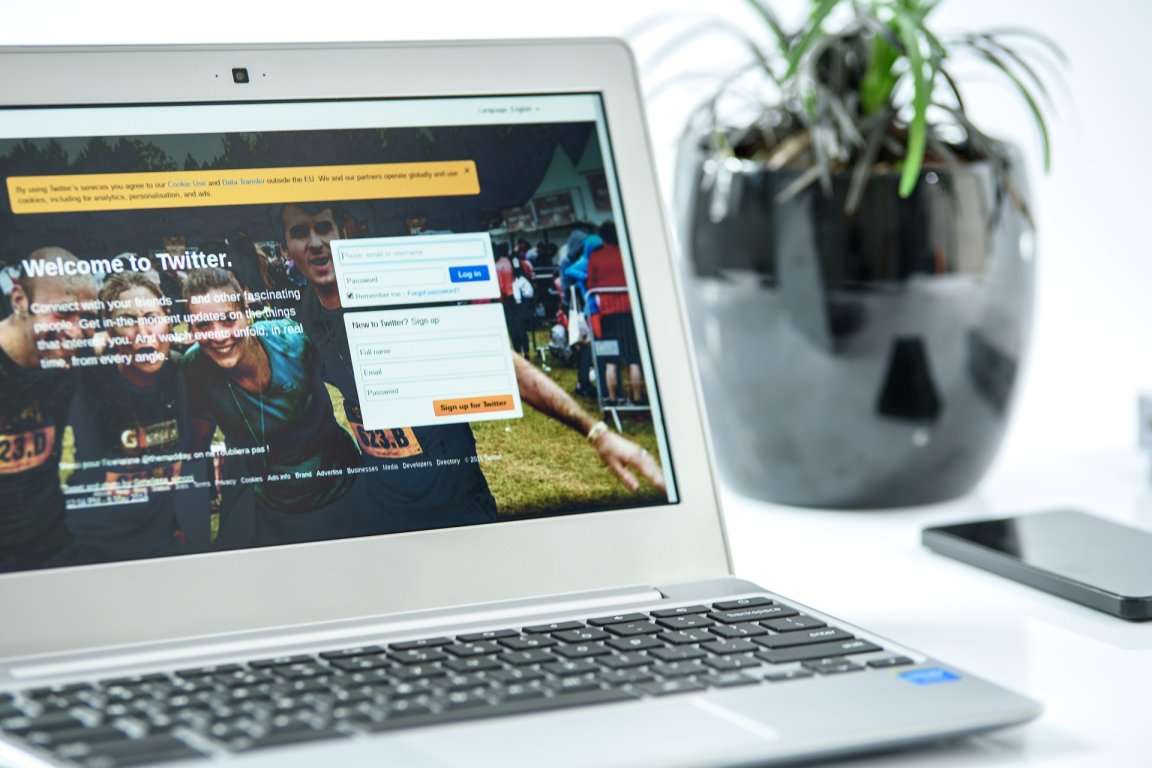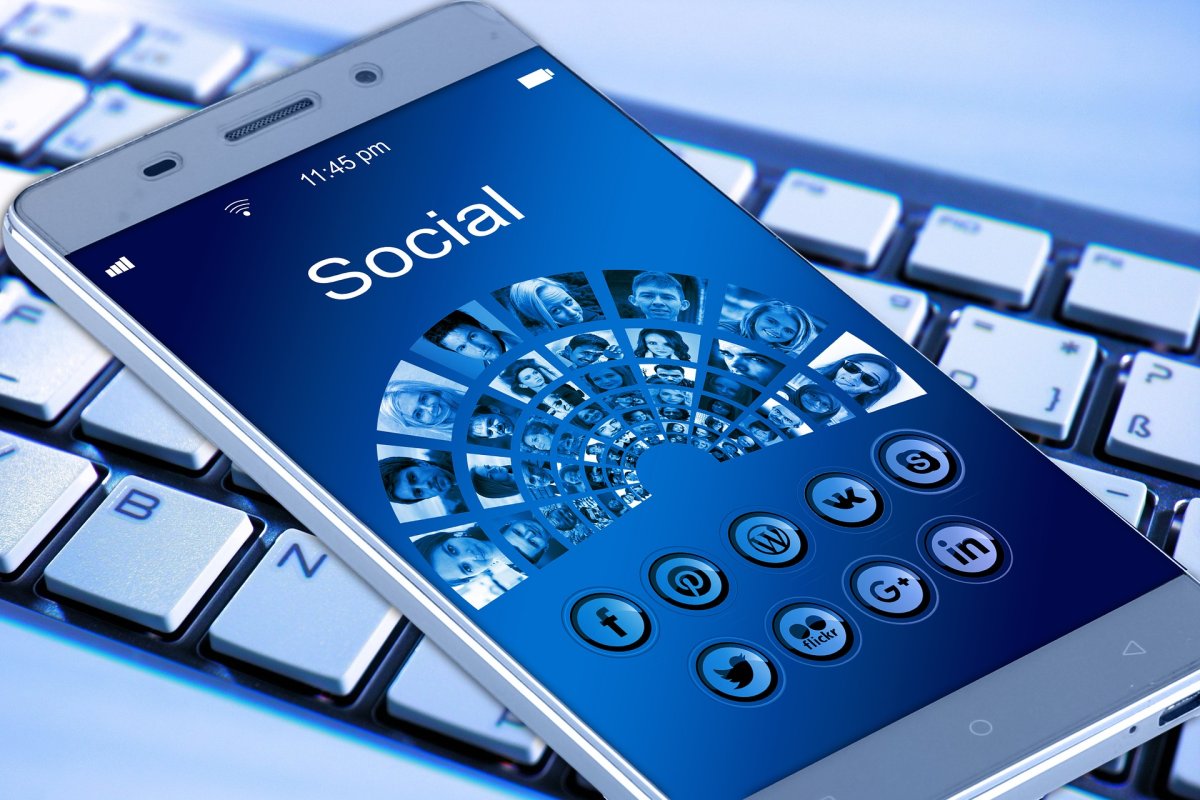
Tweeter-in-Chief
On December 18, 2017, Twitter began enforcing updated rules designed to “reduce hateful and abusive content” on the social networking platform. Specifically, the revised policies cover “threats of violence or wishing for serious physical harm, death, or disease to an individual or group of people.”
According to Twitter’s updated policy, users that associate with identified threatening accounts, as well as those who share hateful imagery, are liable to be suspended or banned. The policy specifically calls out accounts that “affiliate with organizations that use or promote violence against civilians to further their causes” and “content that glorifies violence or the perpetrators of a violent act.”
The rules are fairly clear and quite comprehensive, and Twitter has already begun enforcing them.
One of the first accounts Twitter banned was that of anti-Islam group Britain First, and the move has drawn some criticism, not because the account was removed, but because the popular account of U.S. President Donald Trump — who has retweeted Britain First’s anti-Muslim videos — didn’t seem to be subject to the same policy.
The Britain First video retweet isn’t the only Trump Twitter activity that critics believe violates the platform’s policy against violent threats. More recently, the “nuclear button tweet,” a response to North Korean leader Kim Jong Un’s statement about his nuclear arsenal, has drawn criticism.
So, why doesn’t Twitter’s updated policy apply to the President’s account?
The answer is included directly in the updated rules: “This policy does not apply to military or government entities, and we will consider exceptions for groups that are currently engaging in (or have engaged in) peaceful resolution.”
This rather important qualifier gives Trump and every other official government account immunity from the policies that apply to the rest of Twitter’s user base. But why would Twitter choose to include this exception?
“I’m not sure it’s ‘fair,’ but I’m fairly certain that Twitter does not want to get involved in adjudicating political language,” Gerald C. Kane, Information Systems professor at the Carroll School Management at Boston College, told Futurism. “I think they’re specifically putting this in so that they can begin to target bullying, but not get drawn into the political discussion more than necessary.”
Additionally, Kane notes that retweeting and actually composing an original tweet aren’t exactly equal levels of endorsement of the content.
“One can hit ‘retweet’ in a single click without really thinking about or knowing the content involved. Tweeting itself actually requires putting together a reasonably coherent string of characters — most of the time,” Kane told Futurism. “So, if you base it solely on effort required, then a tweet is 280 times more significant than a retweet — whatever that’s worth.”
The Power of a Tweet
With an average of 500 million tweets sent per day, it would seem like a single one couldn’t have much of an impact, but that’s not true. Today, social media plays an undeniable role in public discourse, and one cannot discount the effect of a tweet.
“Even Twitter, which isn’t on the scale of the giants, has a disproportionate influence on public discourse,” Andrew Clement, a professor emeritus at the University of Toronto’s Faculty of Information and coordinator for the Information Policy Research Program (IPRP), told Futurism.
As Kane notes, social media goes hand in hand with so-called traditional media today, and often the latter looks to the former for news or stories.
“For example, while I follow Donald Trump on Twitter, I am far more likely to hear about his tweets on the traditional news than I am to see them on Twitter,” he explained.

As Kane told Futurism, this relationship between old and new media is still developing. “While I think social media will continue to shape public opinion, the more important question is whether and how traditional/social media complement each other to influence public opinion,” Kane said. “I think that’s a complex question that requires some soul-searching on behalf of media companies and societies.”
Ultimately, according to Clement, Twitter’s updated policy excluding official government accounts from the same rules that the rest of the platform’s users follow is “troubling” as it suppresses expression in an arbitrary way. He asserts that there is an urgent need for uniform standards that are “defined by legislative and judicial processes informed by fundamental human rights and a robust public debate.”
At any rate, Twitter’s updated policy — while it may seem unfair — is absolutely necessary at present as it eliminates at least some of the platform’s hateful content while maintaining the direct line between citizens and those who govern them.